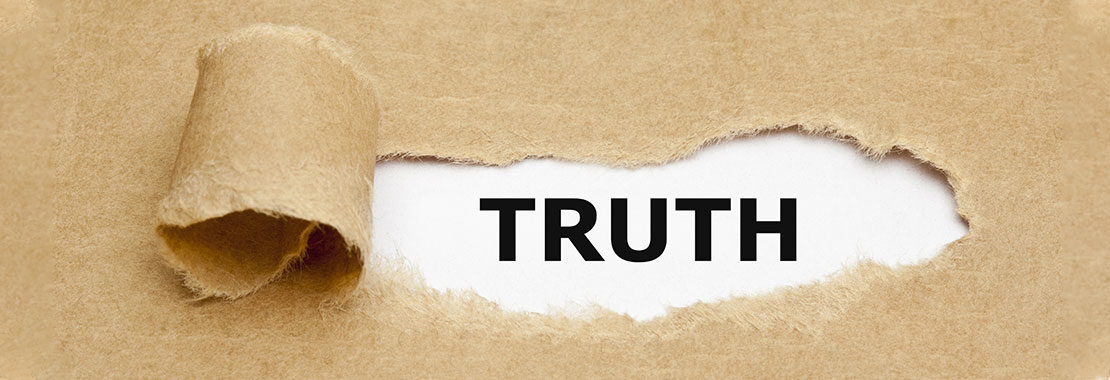Have you ever heard someone say something that you had heard from someone else, somewhere before and because heard it before you figured it was probably true.
The Repetition Effect
As Stephen Colbert might say, it has a certain “truthiness” to it. That’s the essence of the so-called “Repetition Effect” – when we hear something over and over again, we tend to think it’s true. For example, have you heard these “facts”?
- the full moon makes people act in strange ways
- most people only use 10% of their brain
Both of these are false, but in an age where we’re inundated with information, who has time to fact-check everything? The variety of social media channels we have available today allows for a great deal of information to pass among us and this “sounds true” issue is making it hard to know what really is true.
A Class Demonstration of the Repetition Effect
Professors Unkelbach, Koch and Garcia-Marques have put together as nice way to demonstrate this phenomenon for your students. Essentially:
- present students with 8 statements (e.g., “The People’s Republic of China was founded in 1947″ and “It takes twice as much force to move a ton of freight by railroad as it does by truck”).
- ask students to rate each statement on a 1-7 scale on how true they think that statement is.
- allow some time to pass (or perhaps wait until the next class period)
- ask students to rate how truth they think 20 statements are. Eight of those statements were drawn from the previous time. These 8 statements are all false.
- have students average their “truth estimates” for these 8 statements
What students will find, once you ask them to average their scores on the 8 statements the first time and they second time they read them, is that the 8 statements will have risen on their “truth” scale just because those statements are now a little bit familiar.
In their article, ‘Repeating is Believing..” below, Unkelbach, Koch and Garcia-Marques provide a link to the PowerPoint deck containing the statements. Give it a try with your students and we bet this will lead to a good discussion on the topic of fake news.
Resources:
- Unkelbach, C., Koch, A., Silva, R., & Garcia-Marques, T. (2019). Truth by repetition: Explanations and implications. Current Directions in Psychological Science, 28, 247–253. doi: 10.1177/0963721419827854
- Repeating Is Believing: Understanding the Repetition-Induced Truth Effect
- I Heard It Before, So It Must Be True


